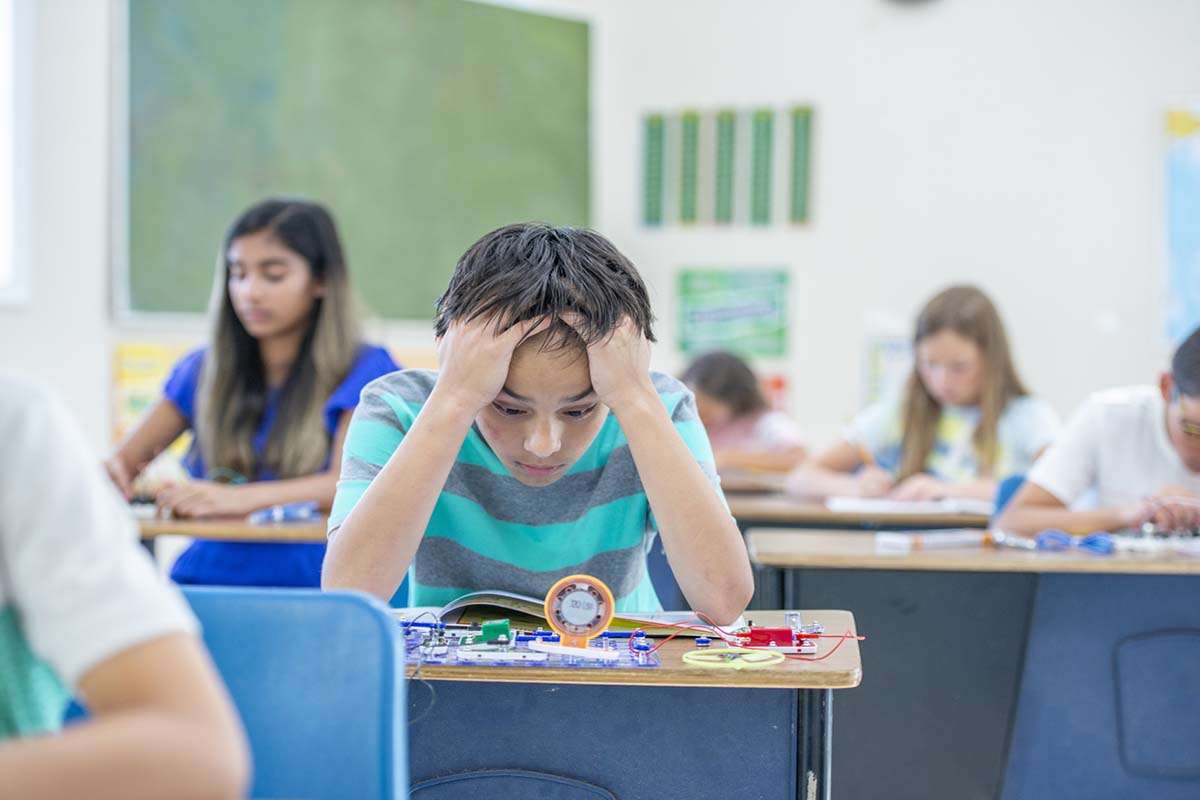Q
My daughter is 15. Since about third grade her teachers have commented on her inability to pay attention, finish her work, stop talking so much, etc. I worked closely with her teachers and others at the school. She is now in high school and things are worse than ever. She was diagnosed with ADHD in grade school. She also has an IQ of 145. The high-school teachers, not all of them but I was surprised how many, do not look at the ADHD, but thought she was lazy and not living up to her potential. They also said that about my son. My teachers said the very same thing about me. How can I get her the help she needs? I have inquired about tutors, study classes, and other things that might be helpful. Nothing has been done. She is getting farther behind and I am not going to sit back and watch her continue to drown. Could you please offer some suggestions? Last quarter, her grades were three C's, two D's, one F, one Incomplete.
A
Unfortunately, you've run into a situation that is too common in a lot of schools, particularly high schools. Many teachers who have been teaching for a number of years have had little or no training in either gifted education or about ADD (or ADHD). For this reason, they may fail to recognize the symptoms of an underchallenged, intellectually talented student. Sometimes, these symptoms look a lot like ADHD; not paying attention ("What for, I knew this stuff in fifth grade!"), talking to friends in class ("Far more interesting!"), or acting out to create excitement and activity ("Watch this, you guys -- this'll be much more fun than what she's talking about!").
If teachers' only training about ADHD has come from an afternoon inservice or a journal article, they may just not know what to do with and for a student with this condition. Some teachers, even if they have had inservice programs, simply don't believe that ADHD is a real condition. Part of the reason for this may be that too many students have been given this label for insufficient cause. However, if your daughter has legitimate ADHD (a presumably neurological condition causing problems with impulse control or the regulation of attention and focusing), it's easy to see that can she has a double problem. Untrained teachers may see these behaviors as lazy or they talk about underachievement, rather than seeing the special needs as legitimate barriers to learning, or the need for a stimulating enriched curriculum.
The solution here is to have the people who made the diagnosis in the elementary grades attend a team meeting with all the current teachers present. If the high school teachers won't believe or devalue their colleagues' opinion, you might need a more recent evaluation, and you may want to invite a professional outside the school system who specializes in ADHD to address the faculty. If your daughter has a current IEP that verifies the ADHD, then teachers have a legal obligation to make reasonable modifications in the classroom. They may need some ongoing consultation to help them learn how to do what's necessary. Get this built into the IEP, too. Also use this strategy to make sure that teachers understand the needs of a student who is gifted and talented.
